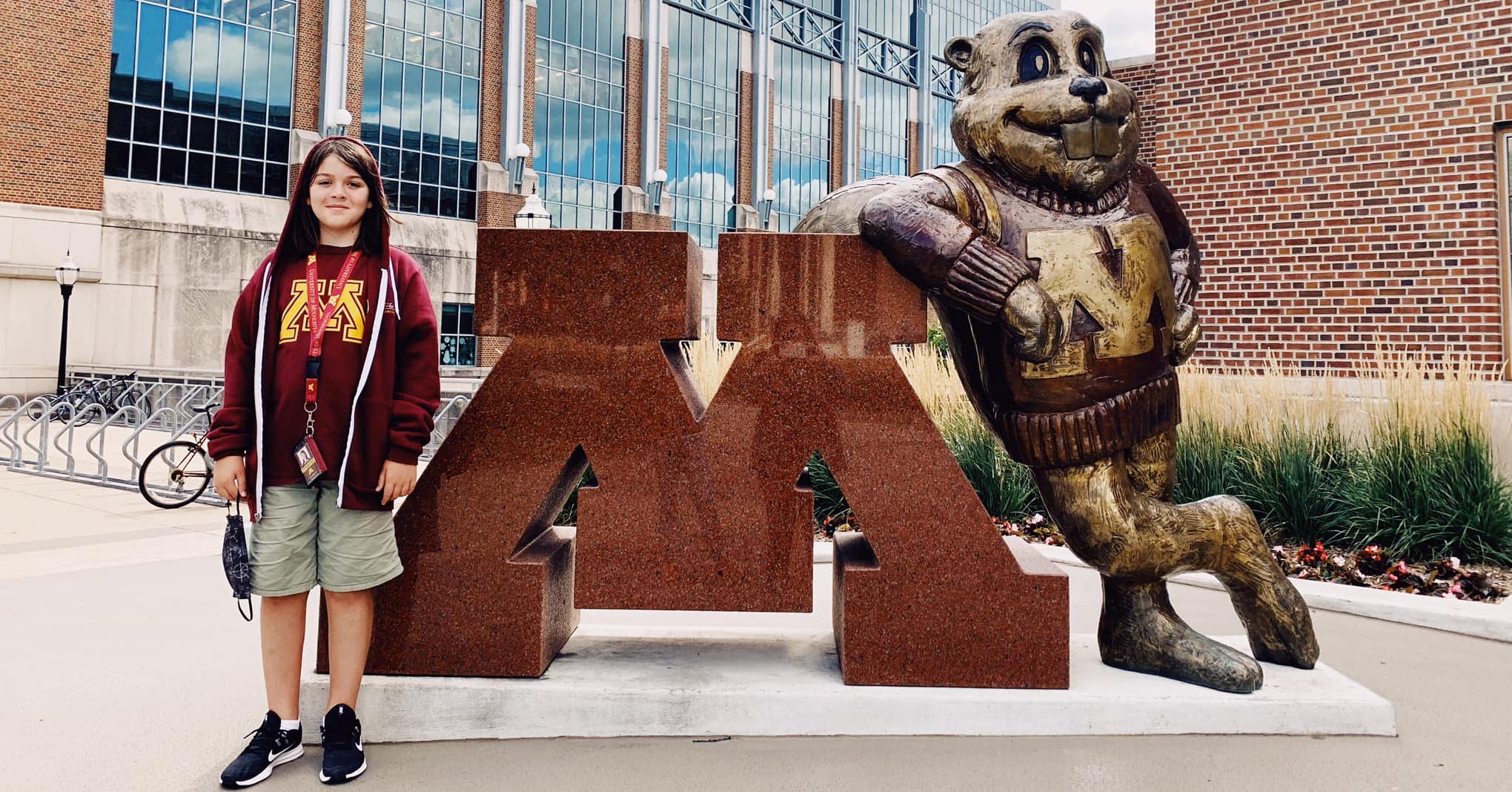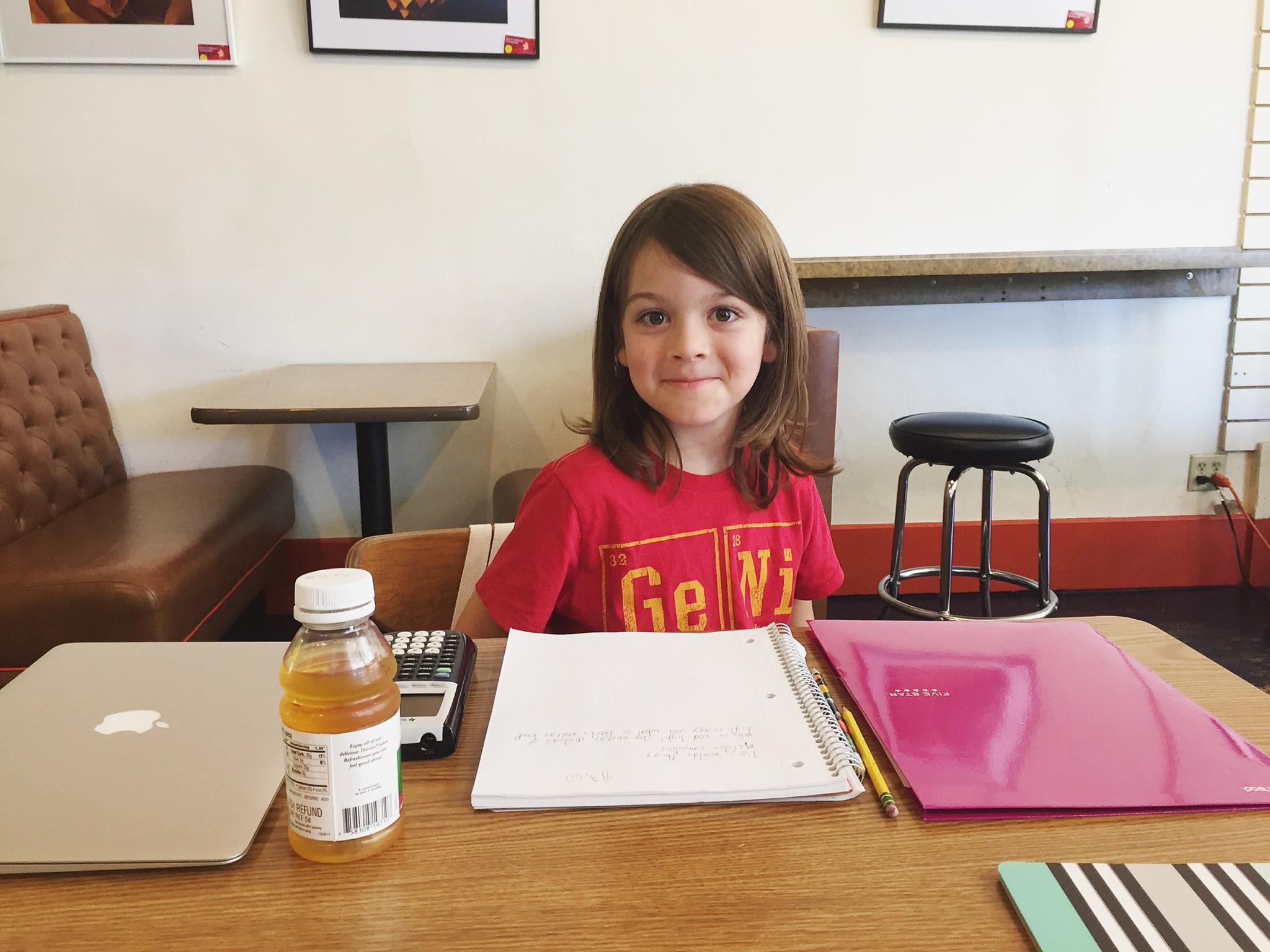Early College Programs for Gifted Students
Early college programs are an option that some high achieving gifted students may consider. In many cases, your child may be able to enroll in college level classes at the local community college or register at a near by university if they meet the admission requirements of any other student. …










